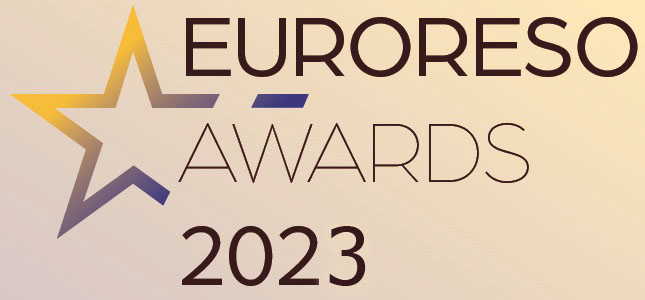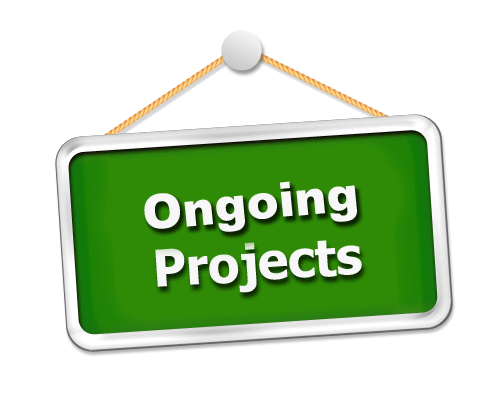WWW -WORLD WIDE WOMEN
SUMMARY
The World Wide Women Project is co-financed by the European Commission within the Lifelong Learning Programme, Leonardo da Vinci Multilateral projects Transfer of Innovation action (reference no. 2011-1-CH1-LEO0500037).
It is the first participation of Switzerland in the Lifelong Learning Programme.
WWW aims at evaluating and transferring in the German-speaking Switzerland and in the other countries of the partnership (Italy, Romania and Spain) the successful educational method of the EFIS project: Service de formation pour Italiennes en Suisse project, tested in the French-speaking Switzerland.
WWW starts from the assumption that it is necessary to develop new training models in order to help well educated immigrant women, resident in the European countries, value their potentialities and find a good integration in the local labour market. Although they often possess a high social, cultural and professional potential, they pay hard difficulties in integrating themselves in the job market and being successful.
The local labour-market stratification and the lack of a strong social welfare, hamper immigrant women in finding a job fitting their professional qualification. The majority of supporting programmes addressed to immigrants looks at a target made by low qualified beneficiaries. Therefore educated foreign women have to create by themselves their paths of integration and professional (re)allocation.
WWW has therefore the goal of evaluating, improving and transferring an innovatory training model, both for the approach to the audience and the employment of e-learning based methodologies, successfully tested in the EFIS project.
The transfer is granted both on a national and a European level by:
- the draft of guidelines for planning, carrying out and evaluating the courses of World Wide Women;
- the development and adjustment the e-learning and e-Stage platforms;
- the implementation of a pilot course in the German-speaking Switzerland;
- the sharing of the results, the tools and the enacted methodologies with both the teachers of adults and of the partner institutions.
The goals of World Wide Women are in agreement with the UE priorities, namelyenhancing the competence levels of those groups potentially prone to exclusion and providing the equal opportunities. Employing the ICT and the implementation of e-learning methodologies are moreover considered as crosscutting priorities of the multilateral projects of Leonardo da Vinci.
Specific Objectives:
With the innovatory methodologies for planning, teaching and learning, targeted at reducing the obstacles when accessing the professional education, the project purpose is to test new trainings, addressed to immigrant women with a good basic education, with the goal of:
- increasing their personal, social and professional skills;
- promoting equal opportunities in the working environment;
- allowing the acquisition of key competences, needed for the professional integration;
- promoting their integration into the societies that receive them;
- valuing ICTs and the implementation of e-learning methodologies (e-Learning, e-stage, teleworking, etc.), aiming at reducing the obstacles when accessing professional education and lifelong learning.
A further objective of World Wide Women is the analysis and evaluation of existing e- learning methodologies and educational models within the international partnership, and the consequent adaptation of the model to the different contexts of partner countries.
OUTCOMES:
A training path will be designed and piloted in Switzerland for the introduction and testing of innovative training models valuing ICT potentialities.
The learning path combines traditional classroom activities and e-learning. Thus, the independence and individual learning of participants will be encouraged. Thanks to a Web platform, participants will have access anytime and anywhere to a variety of teaching materials, exercises and additional information. A forum will be available, in order to let them interact one each other and with the course leaders.
The project will provide training modules for the acquisition of language and computer skills as well as specialized modules for supporting the (re)integration and/or (re)orientation of women in the local labour market.
Learning Guidelines will be elaborated together with the corresponding Handbook.
Stage: a work experience of 40 hours, which could be performed in form of an internship or of an e-Stage, will be part of the training path.
The e-Stage is a virtual traineeship linked to a company, carefully selected on the basis of work experiences and expectations of participants. The e-Stage is based on telework, and it will be developed exploiting the web platform facilities. The learner will receive a certain number of tasks and she will be supported by a tutor (e-Stager) made available by the placement company. The e-Stager will assign a series of tasks to the learner, providing her with instructions and evaluating the solutions. The communication between e-Stagers and learners will be ensured by a dedicated web platform.
Website of the project: www.worldwomen.org
PARTNERSHIP
Stiftung ECAP (Switzerland) – coordinator
Instituto de Formación y Estudios Sociales – IFES (Spain)
Universitatea Politehnica din Bucuresti (Romania)
EB Zürich – Kantonale Berufsschule für Weiterbildung (Switzerland)
K5 Basler Kurszentrum für Menschen aus fünf Kontinenten (Switzerland)
Integrationsförderung der Stadt Zürich (Switzerland)
Silabo srl (Italy)
API Napoli (Italy)
EURORESO (Italy)


